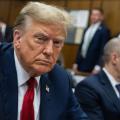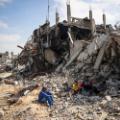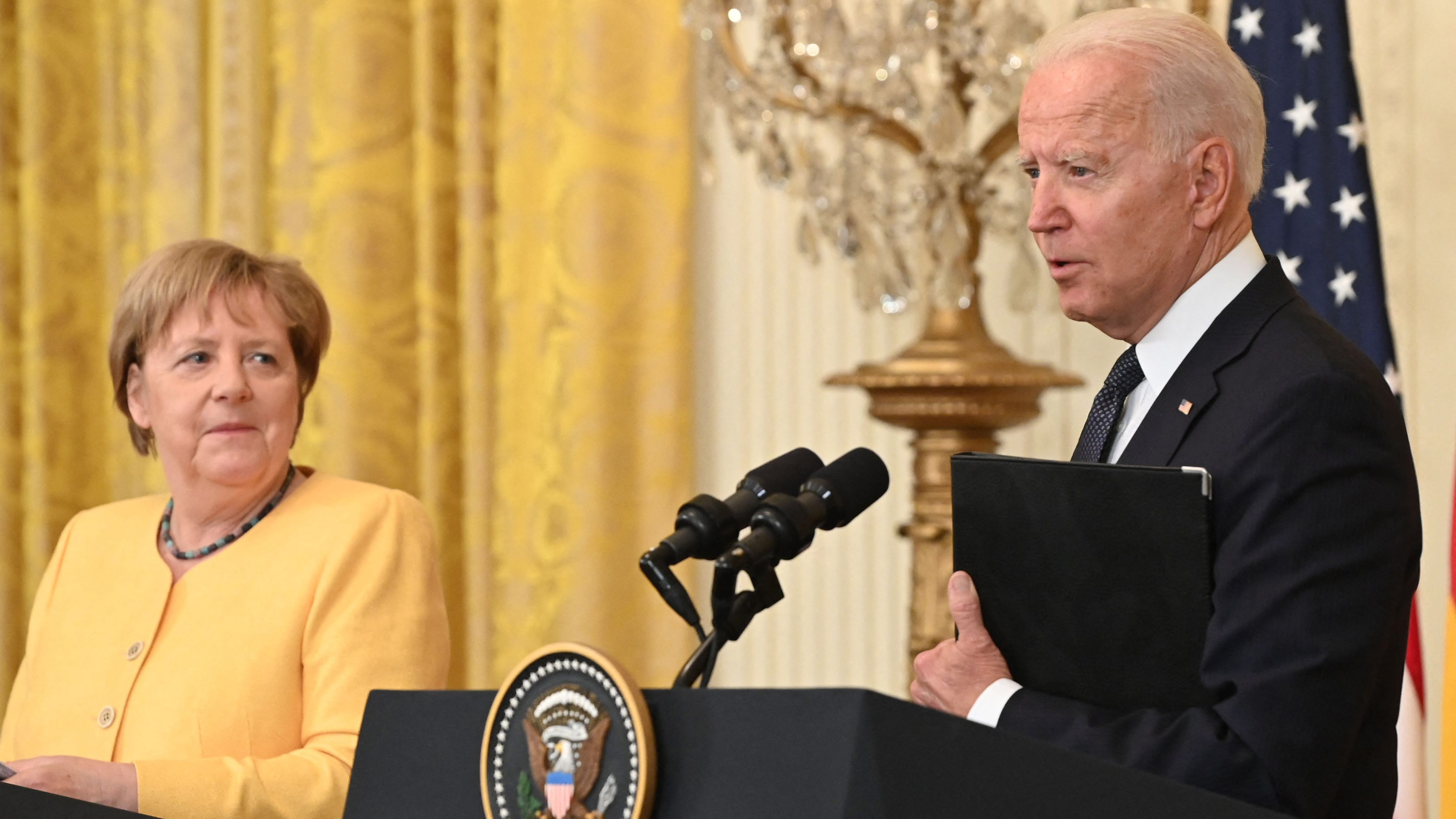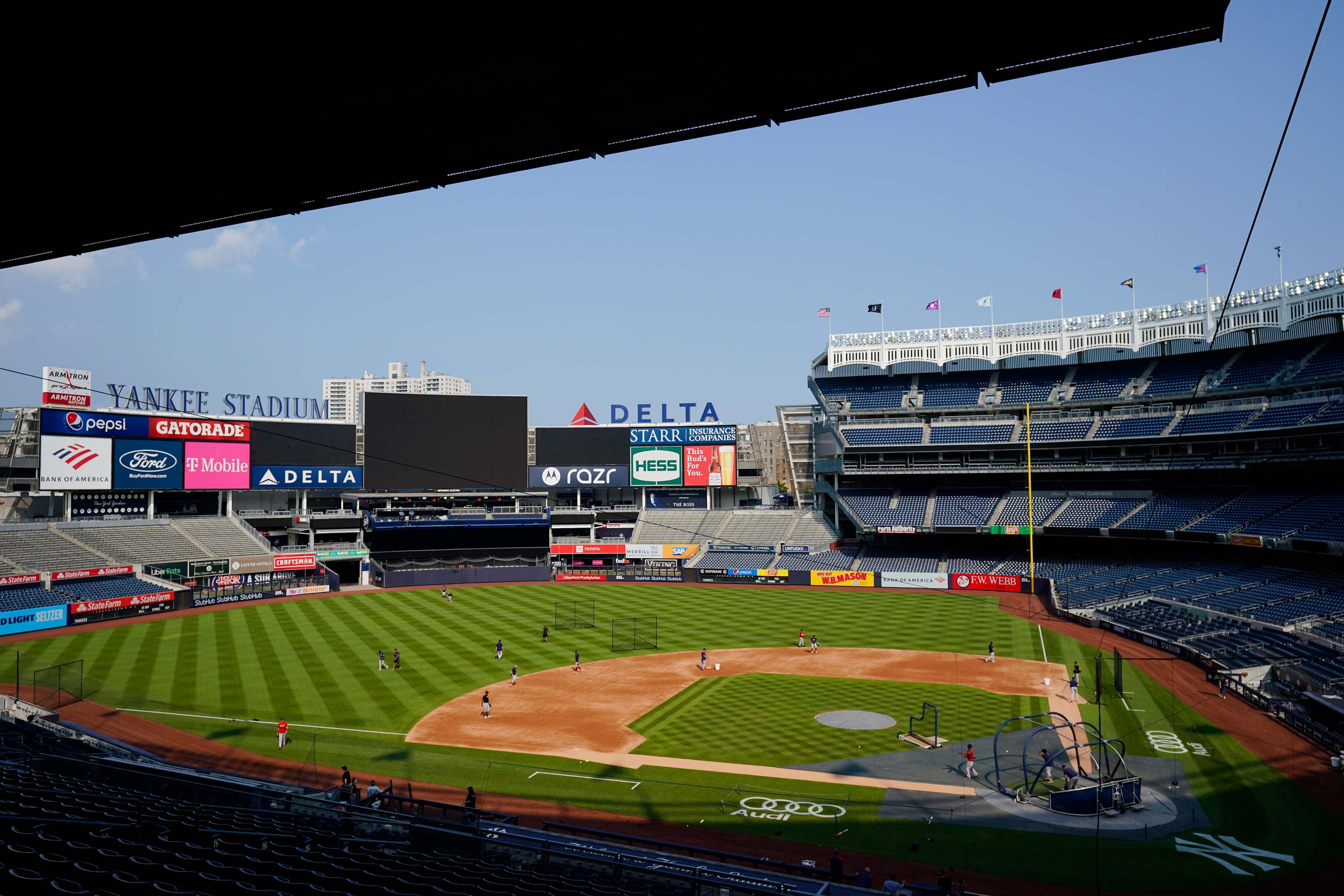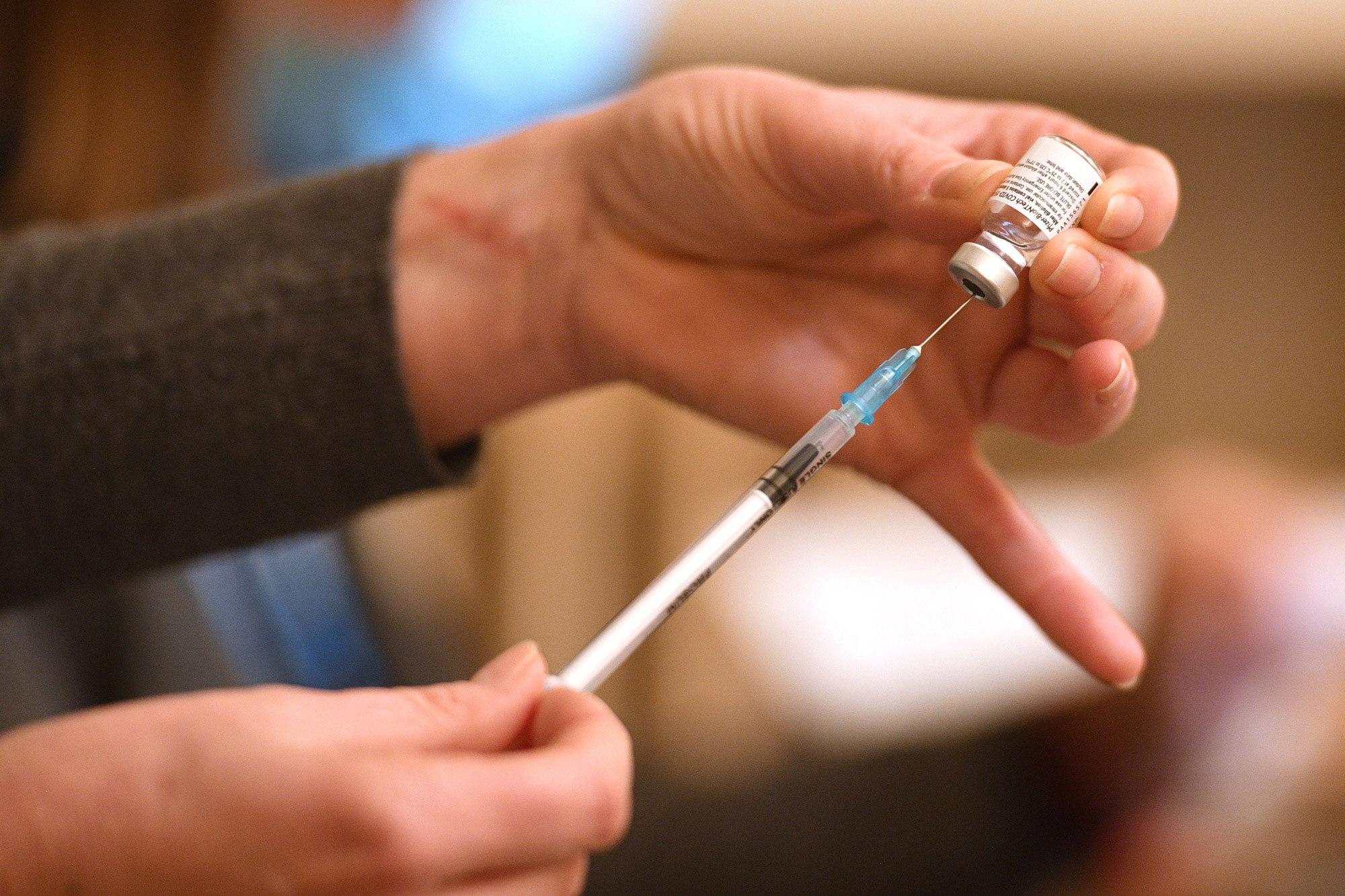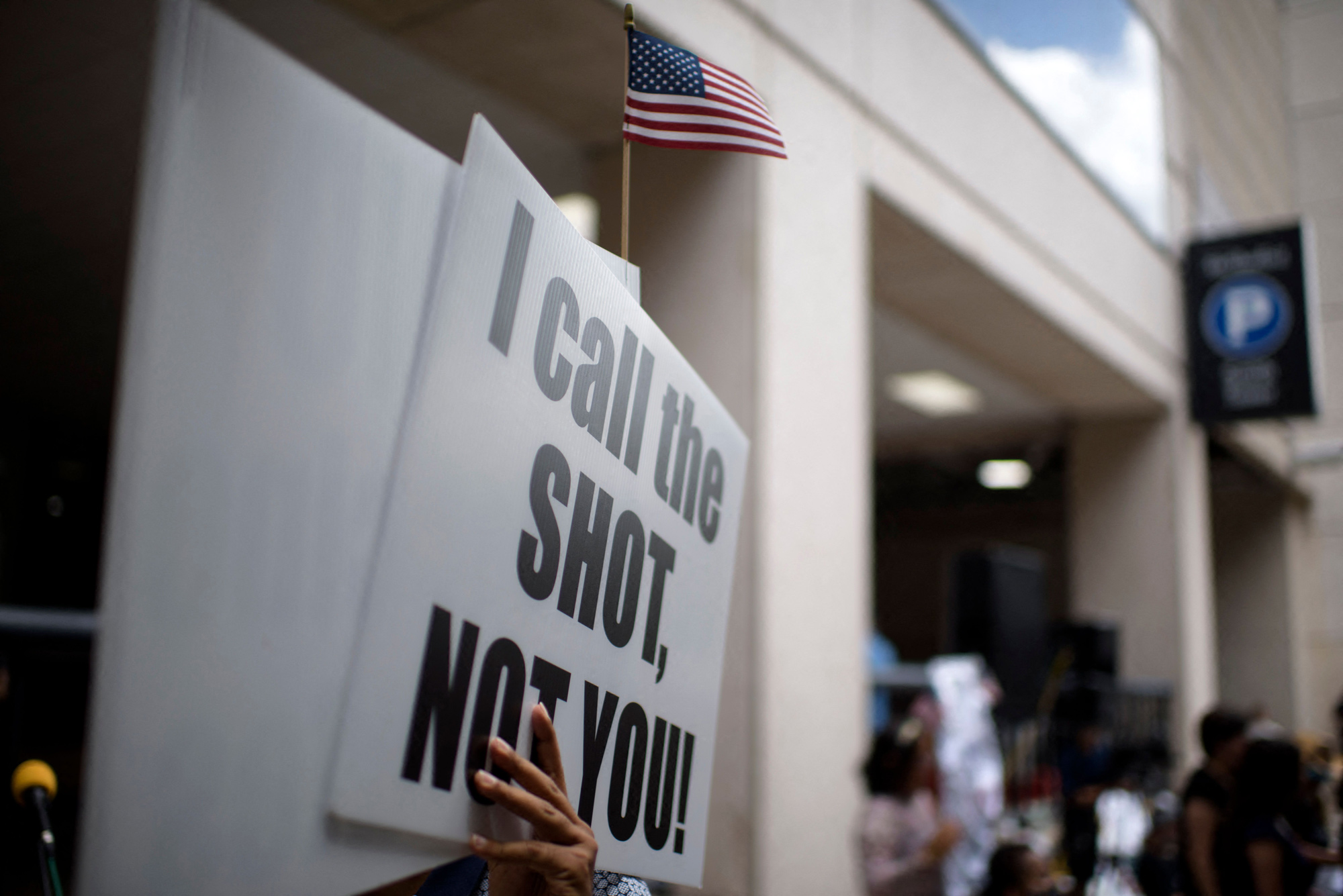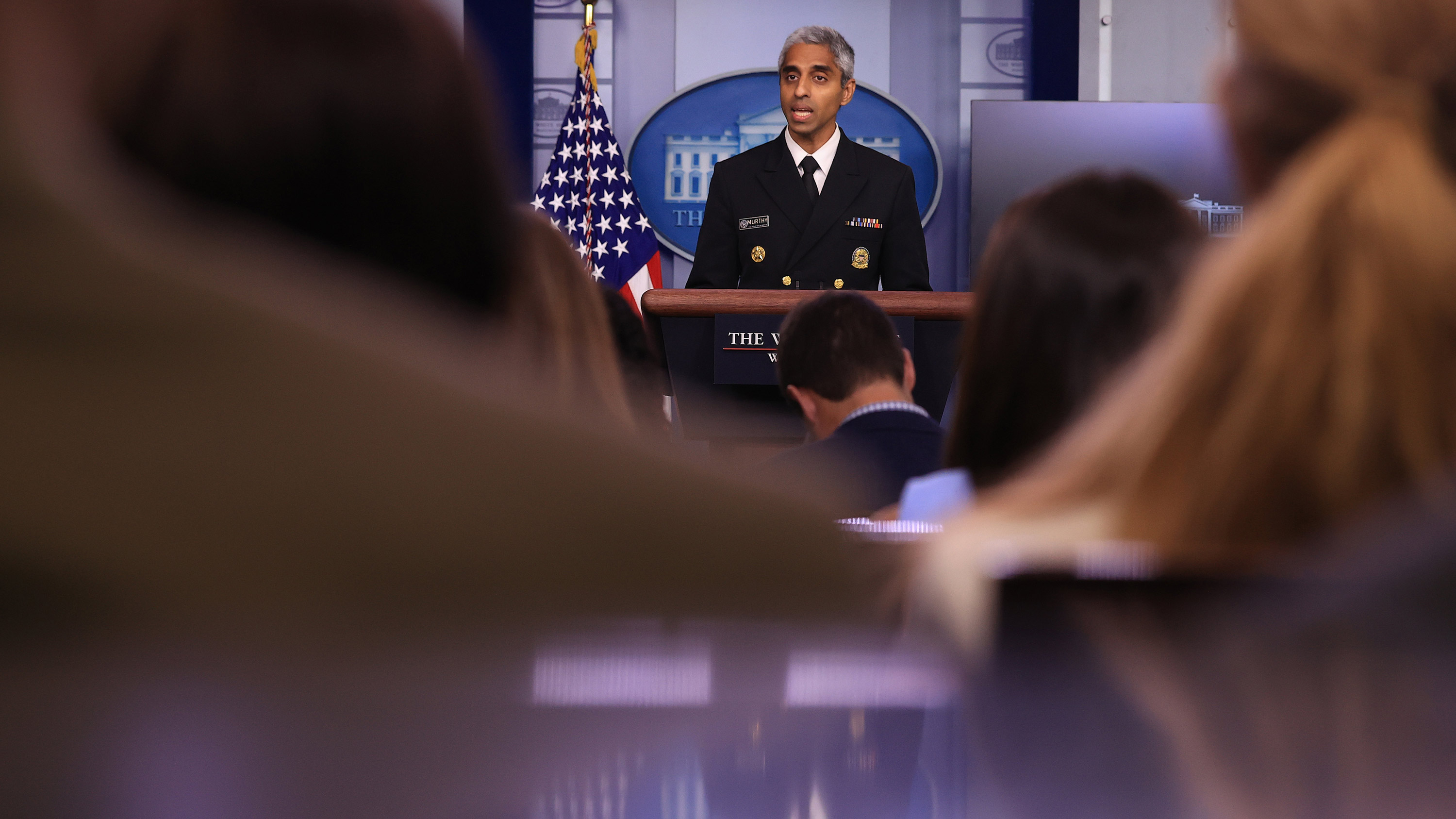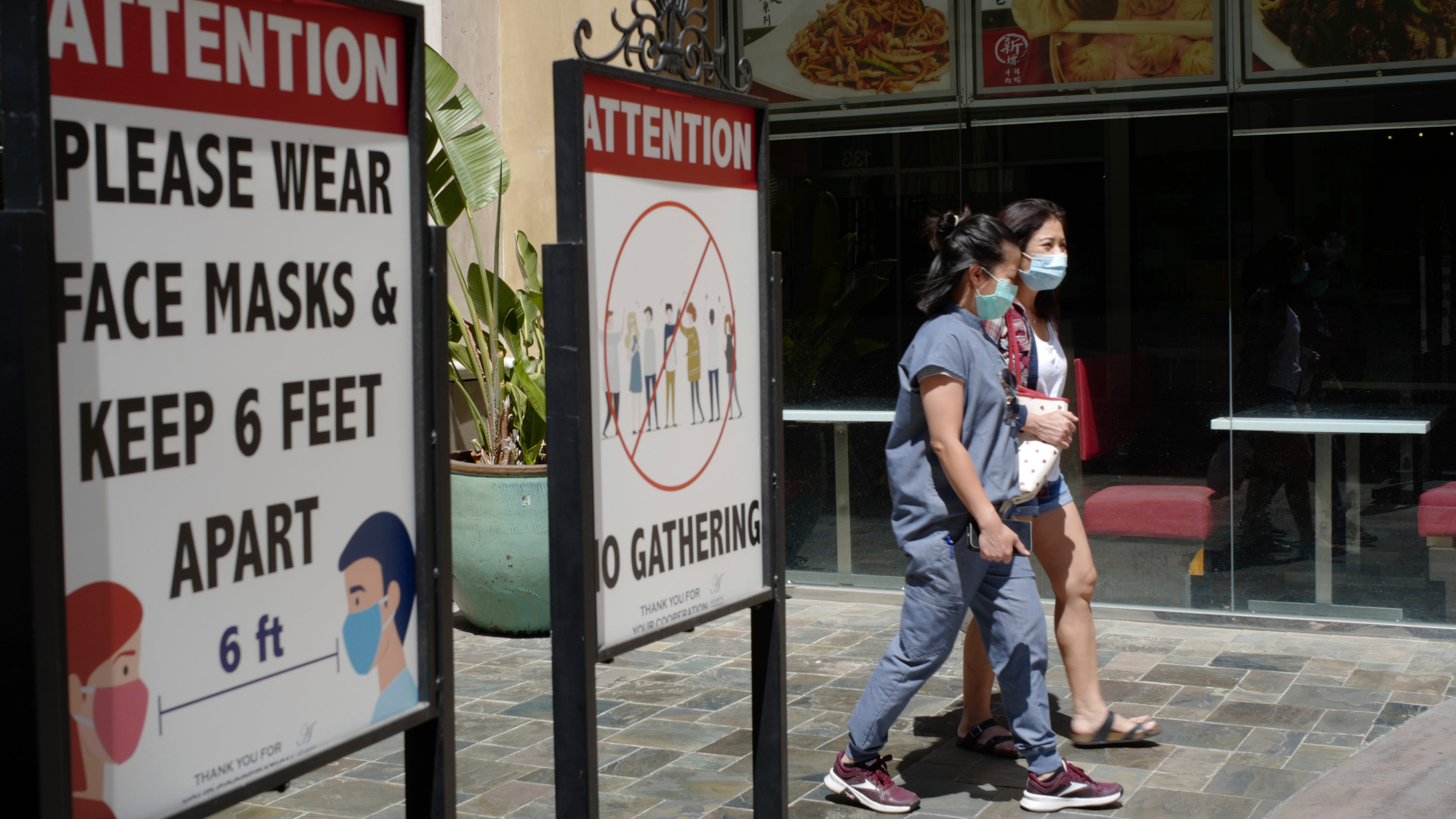
Los Angeles County will reinstate its mask mandate regardless of vaccination status starting 11:59 p.m. Saturday night amid a rise in coronavirus cases and hospitalizations.
The new health officer order will require masking indoors regardless of vaccination status, Los Angeles County Health Officer Dr. Muntu Davis said in a news conference Thursday.
The daily test positivity rate in Los Angeles County has risen to 3.75%, an increase from 1.2% on June 15.
The county has seen more than 1,000 new coronavirus cases each day for the past seven days, an alarming new rise as the Delta variant spreads, Davis said.
“We’re at a substantial level of community transmission and we can’t wait for this to go higher,” Davis said Thursday, announcing a new mask mandate. “Once we’re at a higher level, that will be too late.”
He explained that the county was at a low level of transmission when it reopened last month.
“We’re in a different situation,” Davis emphasized. “This is not the same situation as it was June 15.”
Los Angeles County reported 1,537 new cases on Thursday, an 83% increase over the last week.
“Anything is on the table if things continue to get worse,” Davis said in response to a question about whether the county would consider more restrictions.
The new health officer order, which requires the use of masks indoors regardless of vaccination status, will add that extra layer of protection where the risk is higher, he said.
The county is urging all residents to get vaccinated and has launched mobile clinics for easier access.
Los Angeles County has administered more than 10.7 million doses of the vaccine and over five million residents are fully vaccinated, according to Davis.
